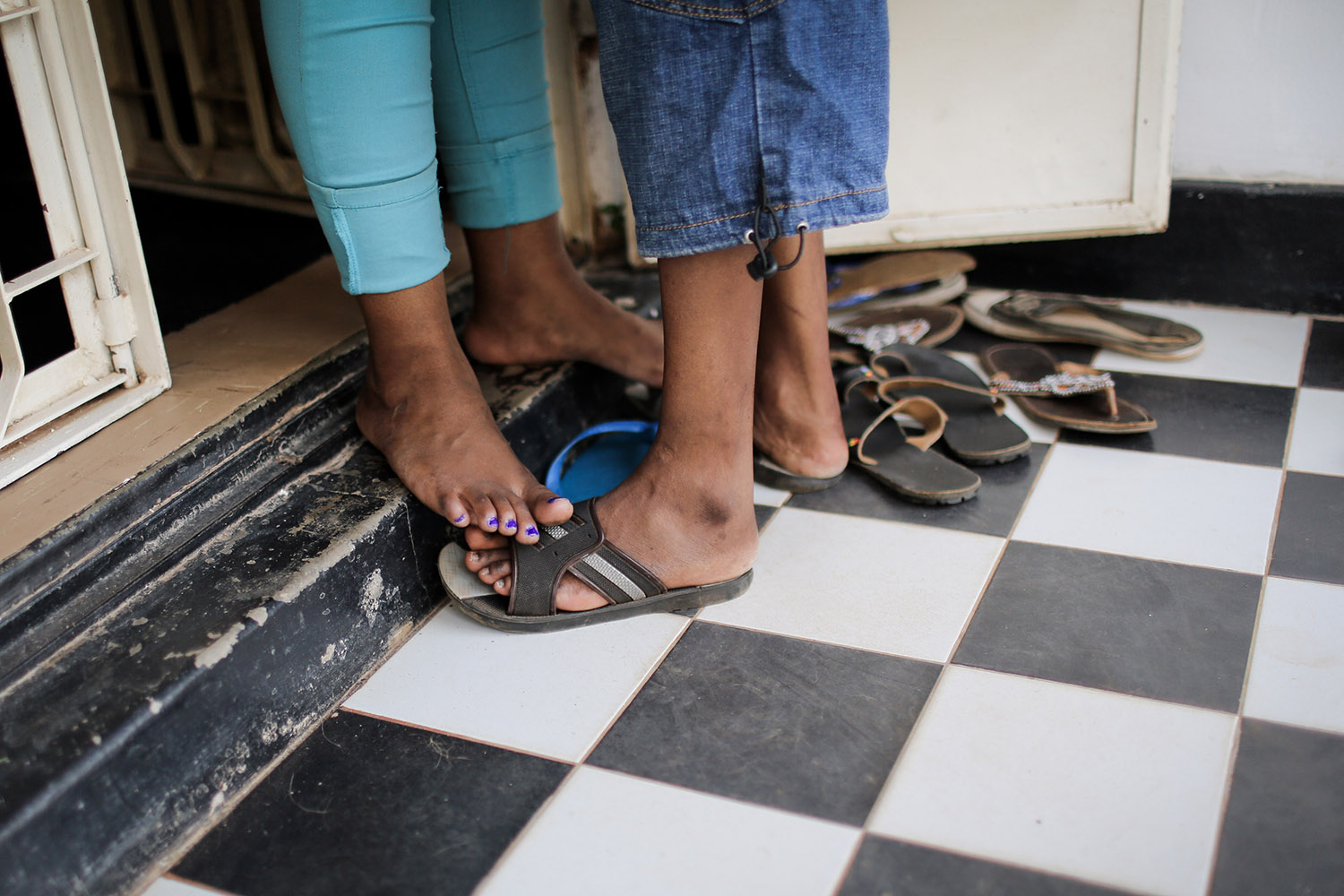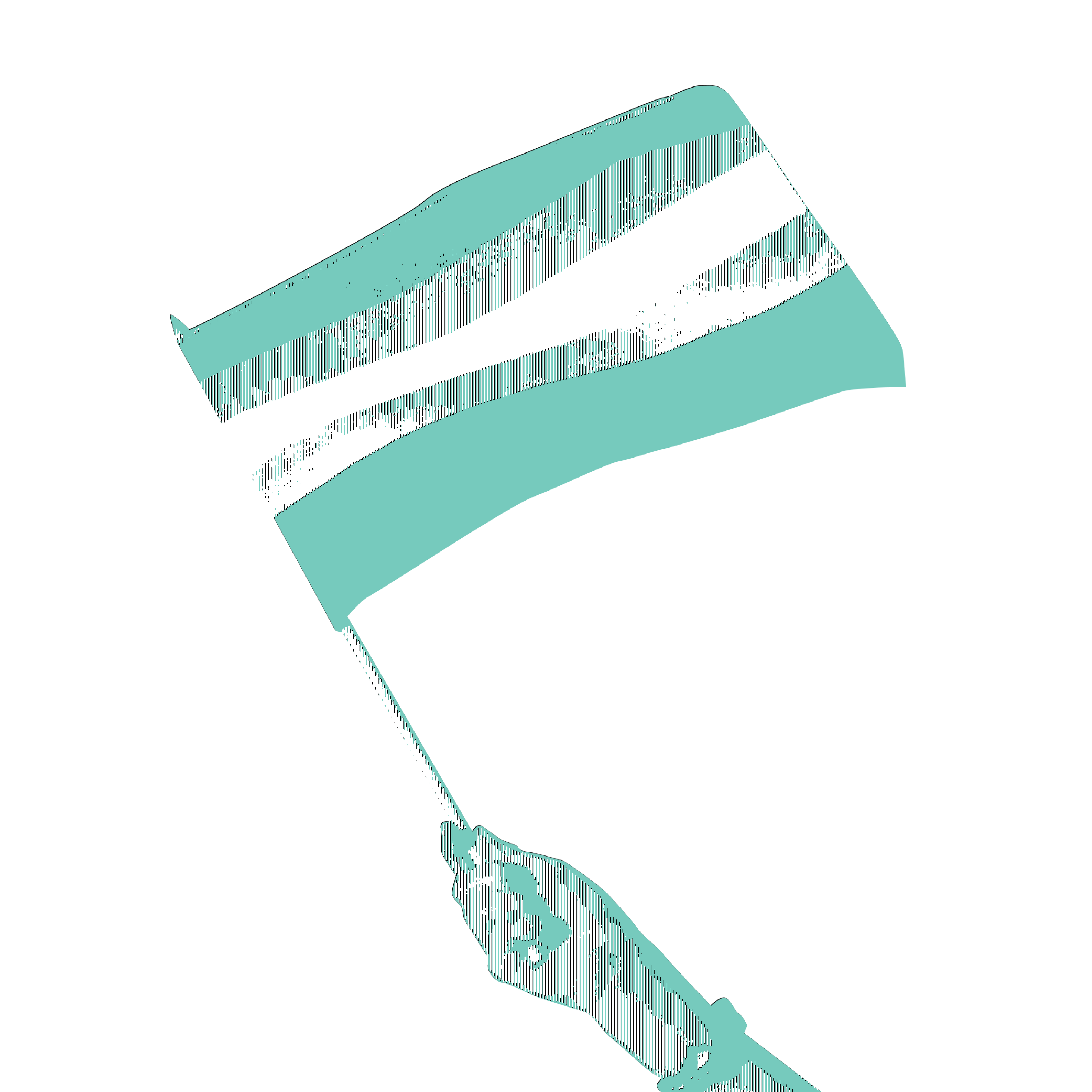Uganda is a deeply religious country, with diversity woven into that fabric. Much of its population practices Catholicism or belongs to the Church of Uganda (Anglican), resulting from European missionaries and British colonialism in 1962. But American-style Evangelism is quickly gaining a foothold; there are also significant pockets of Muslims, Hindus and those who practice local traditional religions.
Thus, pastors, priests and religious leaders wield huge influence in Uganda. Nowhere is this more apparent than in the national discussion of sexual and gender identity spurred by the passing of the Anti-Homosexuality Act in 2014.
Unfortunately, when we read about anti-gay legislation in Uganda, we mostly hear from the most extremely homophobic religious leaders — those who violently condemn sexual minorities and spread a message of hate.
In some ways, the skewed coverage is telling of the state of today's media. Headlines like "Uganda's Anglican leader doubles down on anti-gay law" (in The Washington Post) or "How anti-gay Christians evangelize hate abroad" (in the Los Angeles Times) grab more attention than "Ugandan pastor not entirely sure what he thinks about homosexuality." But it doesn't give an accurate cross-section of what many religious leaders in the capital actually believe.
That's not to say that they all condone or support the LGBT community; 96% of Ugandans believe that "homosexuality is a way of life that should not be accepted by society."But there is greater breadth and nuance to their opinions, and to the messages they deliver.
On my last trip to Uganda, in the wake of the Constitutional Court striking down the Anti-Homosexuality Act on a procedural technicality, I realized that I hadn't always engaged those on the other side of the conversation, despite the fact I spent more than three years covering the LGBT rights movement in Kampala. So I spent a week speaking with and photographing religious leaders of all faiths, asking them not only about their own views on homosexuality and the criminalization of sexual minorities, but also about how they interacted with their congregations regarding those topics.
It's easy to dismiss many of these perspectives if you don't agree with them, but their opinions are not only important, they are widely and globally held. Furthermore, they are a critical element of one of the most important contemporary dialogues on human rights and equality. These individuals represent the discourse on all sides of the LGBT rights crisis in Kampala.



























